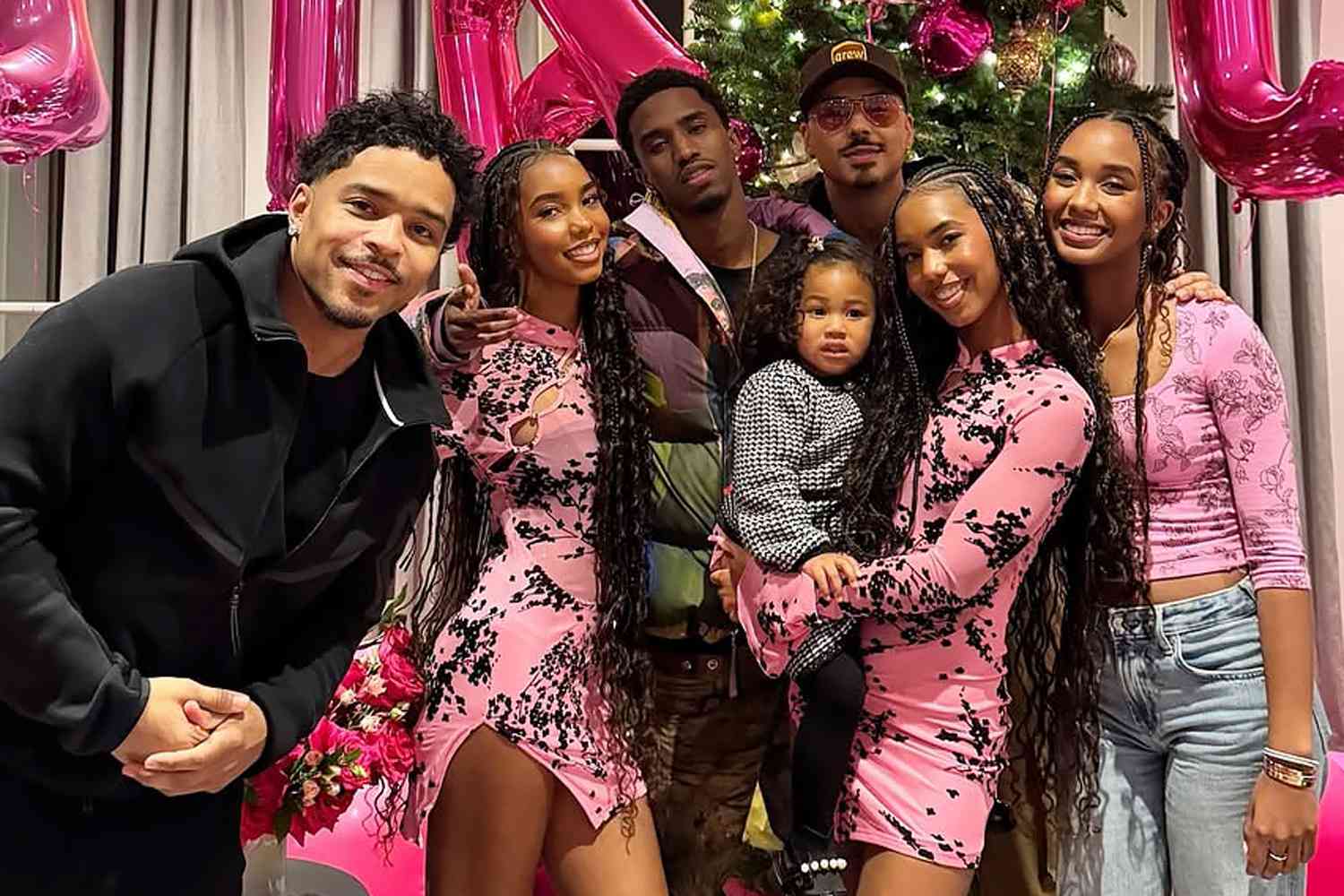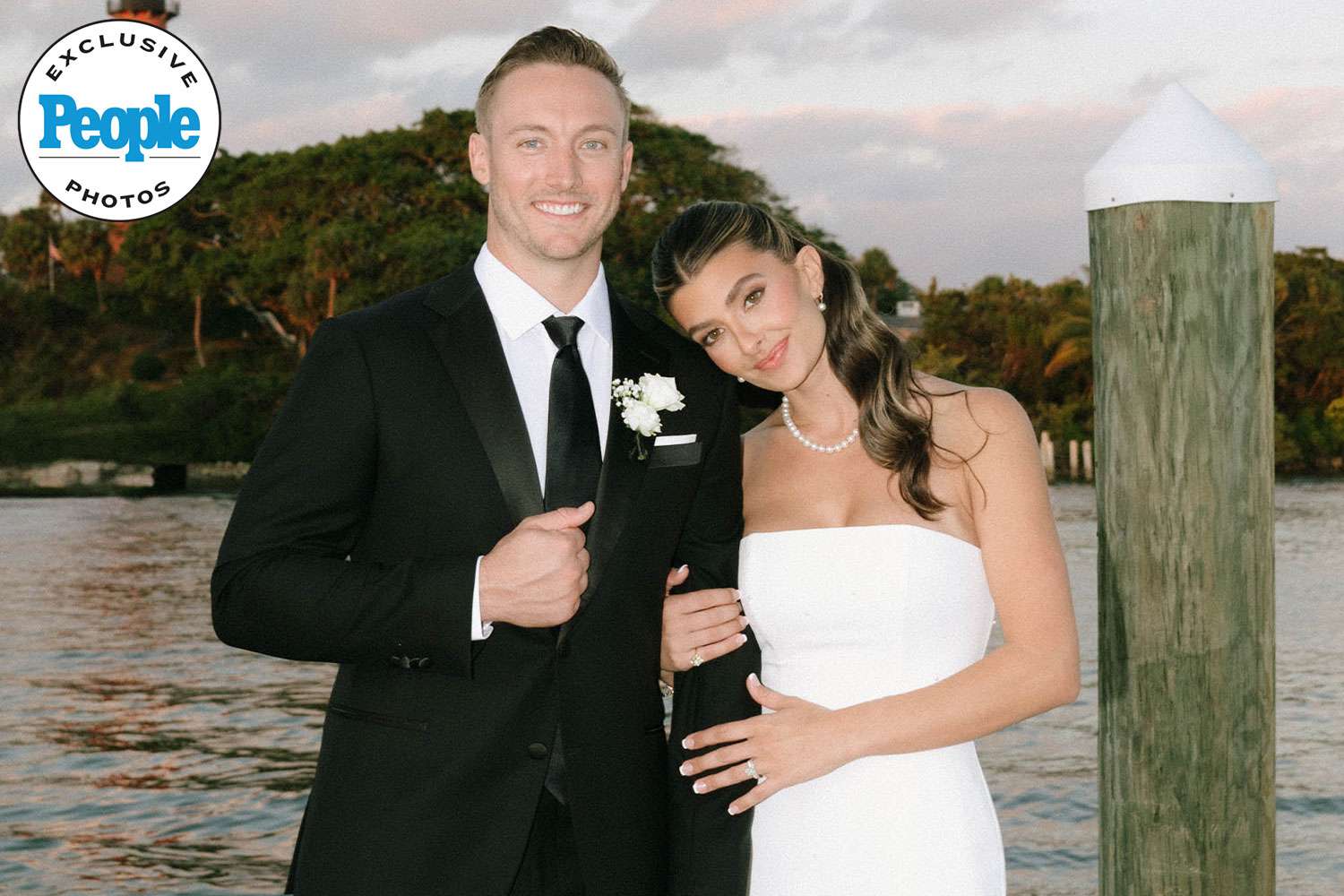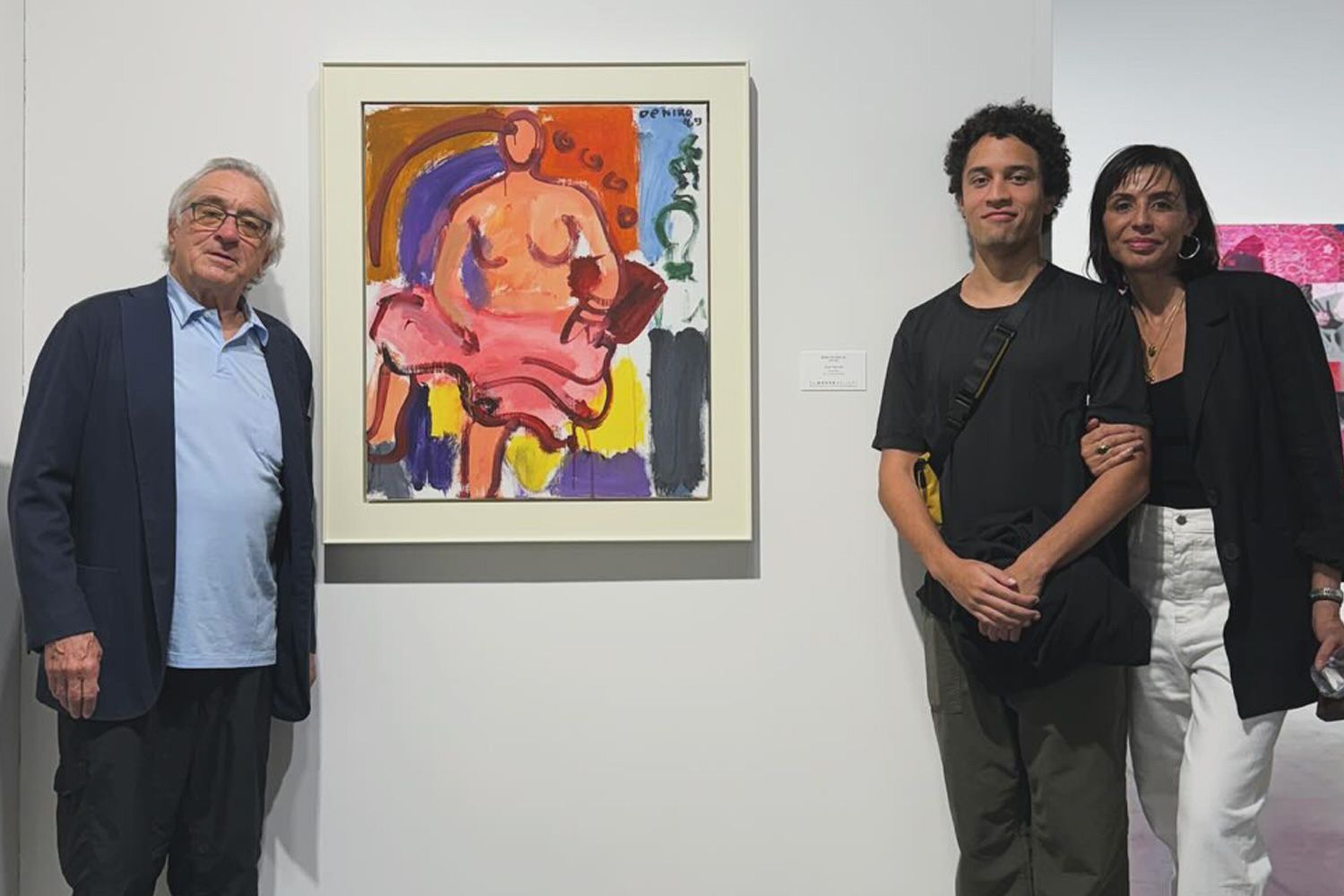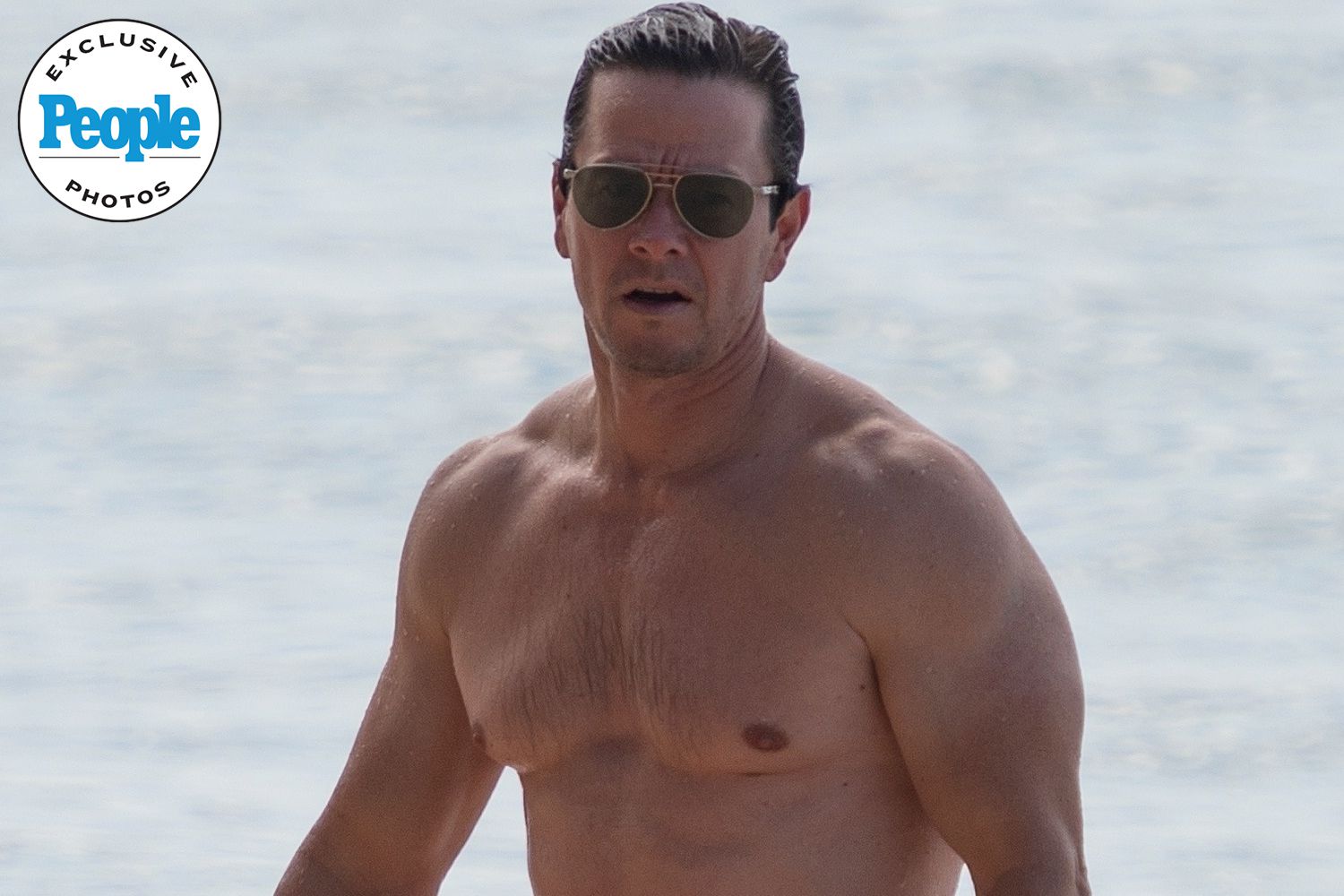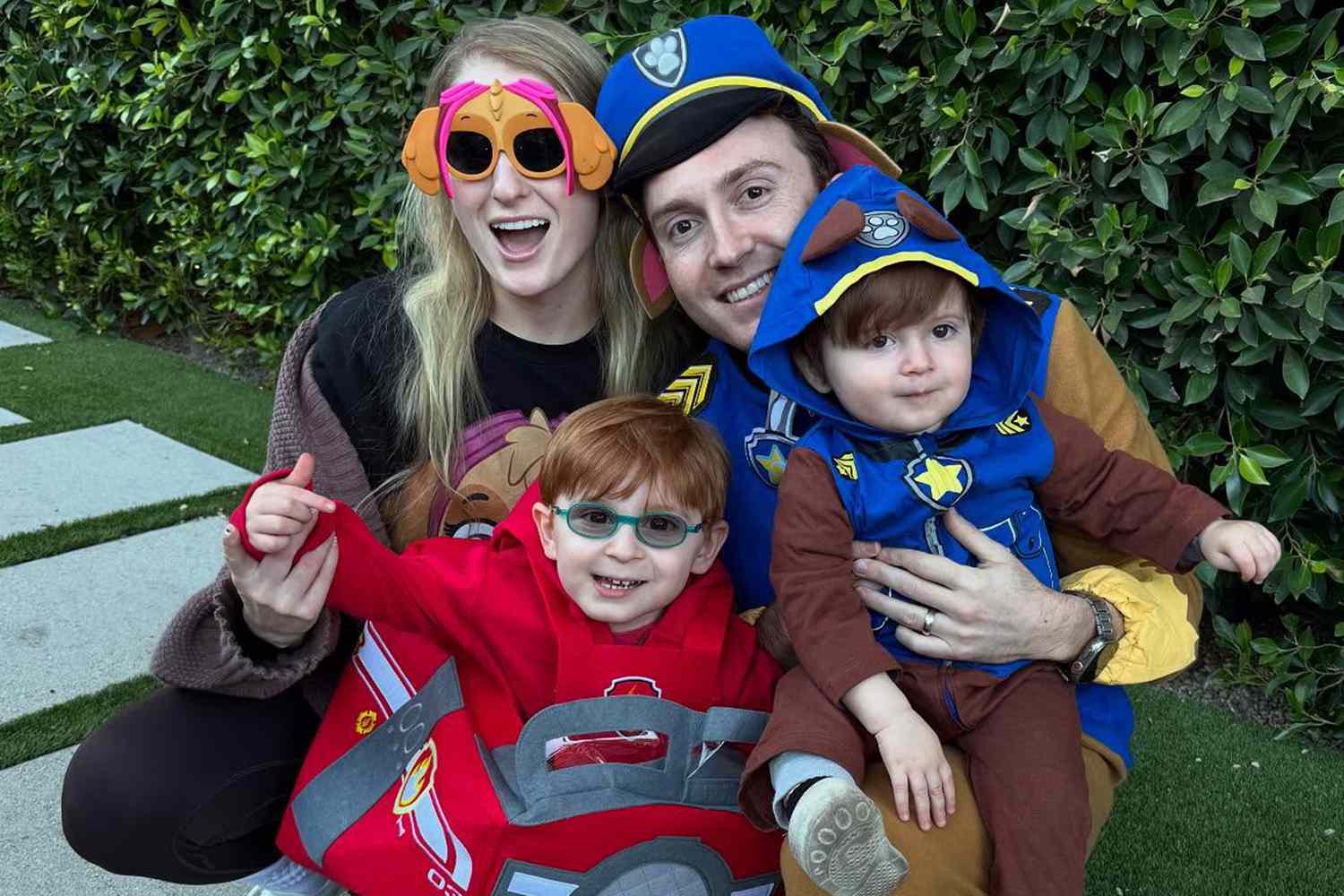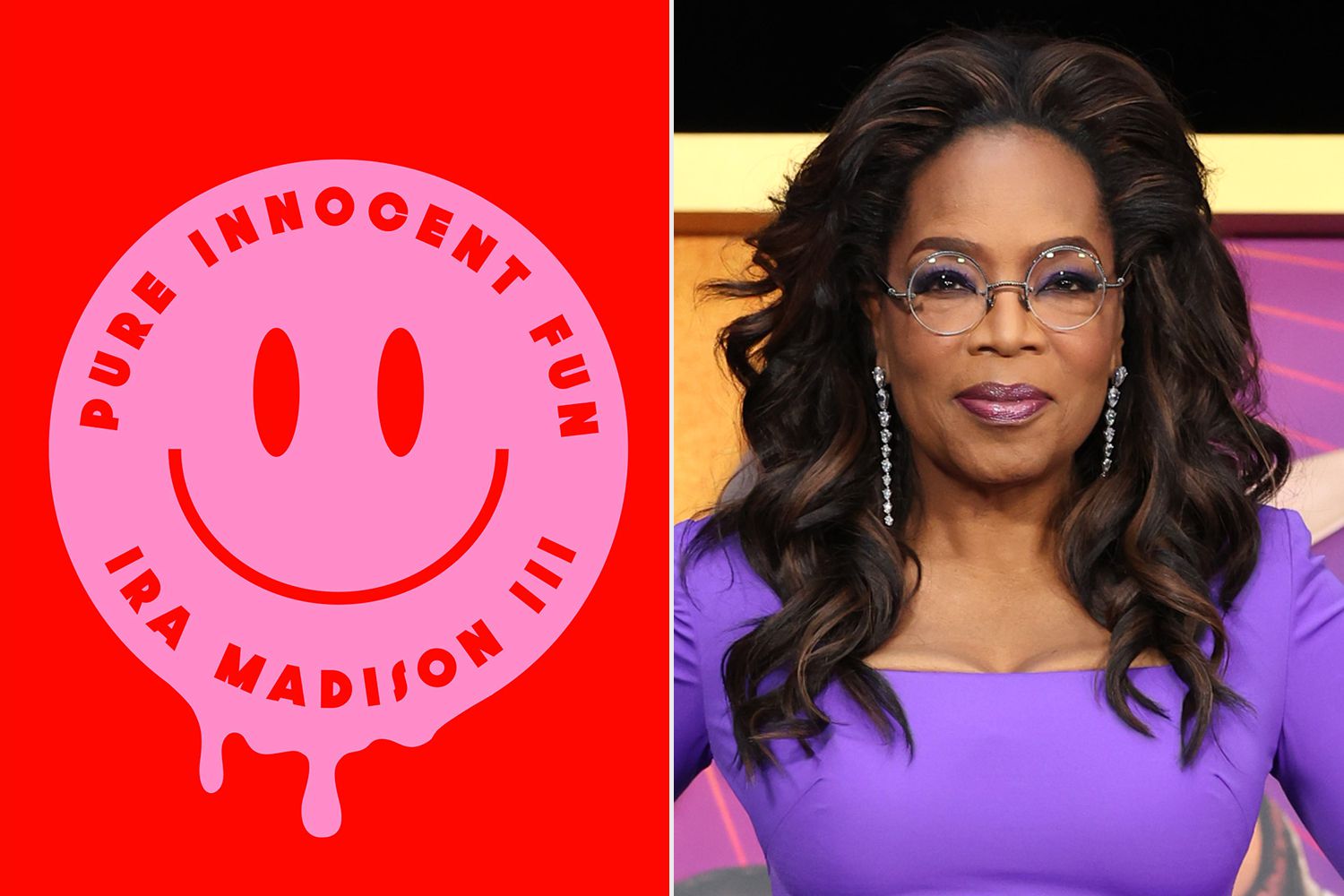Al Pacino Opens Up About His Iconic Career, Fatherhood and 40-Plus Years of Sobriety: ‘I’ve Had Quite a Big Life’ (Exclusive)
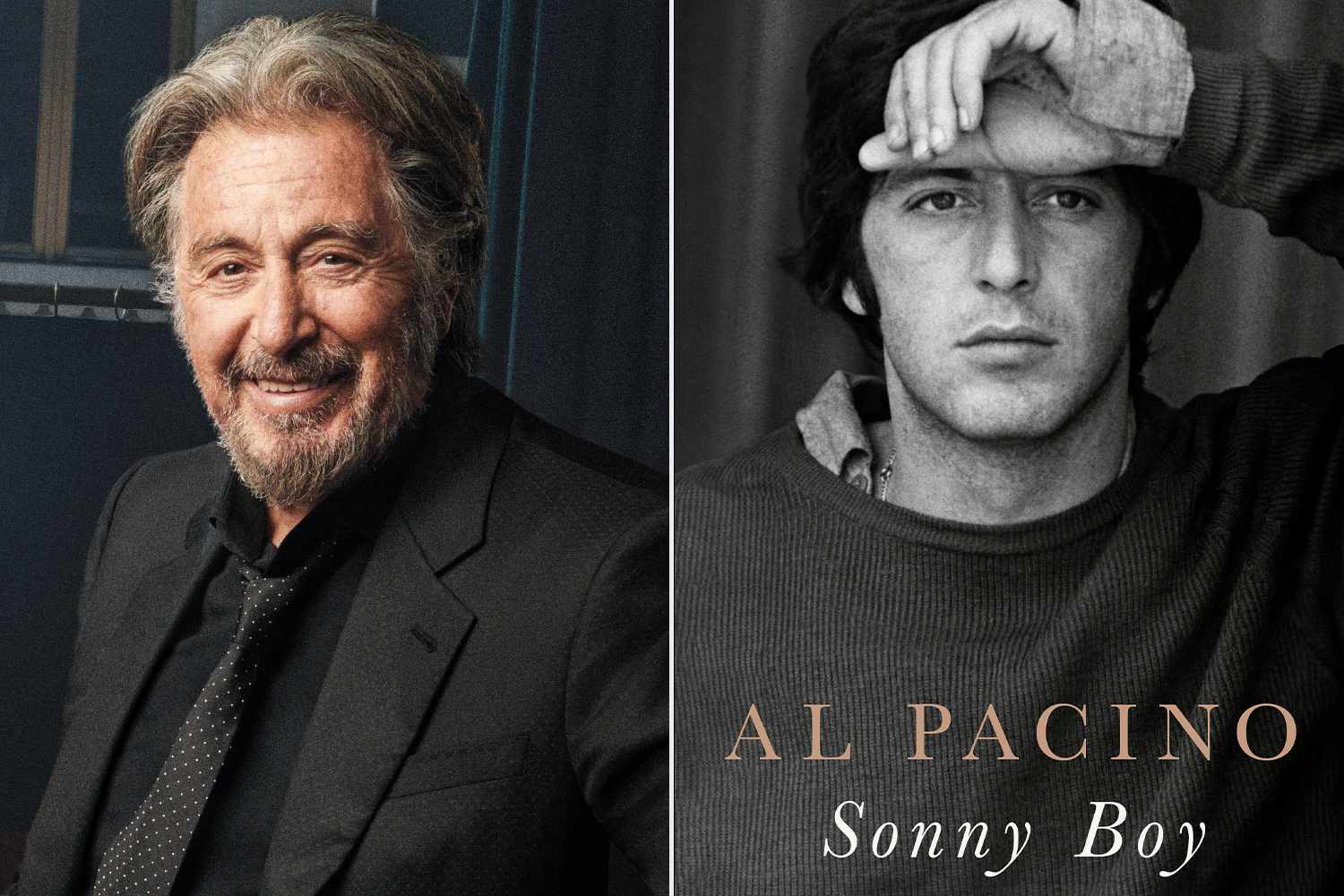
Long before The Godfather turned themes of loyalty and betrayal into movie gold, Al Pacino learned a valuable lesson about the code of silence when he was just 6 years old.
In his new memoir Sonny Boy, out Oct. 15 from Penguin Press, Pacino recalls coming home to his tenement apartment in New York’s South Bronx, where he lived with his mom and grandparents. He told his grandfather about tattling on a misbehaving classmate.
“So you’re a rat, huh?” his grandfather asked as Pacino slid to the floor in shame. After that, Pacino writes, “I never ratted on anybody in my life again.”
For more on Al Pacino and Sonny Boy, pick up the latest issue of PEOPLE, on newsstands Friday, or subscribe here.
Pacino does, however, dish plenty about himself in his highly anticipated memoir. The book tracks his rise from humble beginnings to Oscar-winning icon and has enough drama to fill several Hollywood screenplays: family tragedy, wild success and battling addiction.
“It was due,” he tells PEOPLE of deciding to write the memoir. “I’m in my 85th year. When you get there and you start experiencing age, you understand why they do put things down.”

The famously private Scarface actor — who titled the book after the childhood nickname his mother, Rose, gave him from the Al Jolson song of the same name — says he wanted to leave a record for his loved ones, including his four children, Julie, 34 (with acting coach Jan Tarrant), 23-year-old twins Anton and Olivia (with actress Beverly D’Angelo) and Roman, 16 months (with producer Noor Alfallah).
Says Pacino: “At least according to me, I’ve had quite a big life.”
Pacino speaks with a bit of a rasp. He had surgery on his carotid artery when he was in his late 70s, and one of his vocal cords was damaged.
And though his voice — still recognizable as the one that exclaimed “Hooooo-ah” in Scent of a Woman — may not be as strong as it once was, Pacino’s memory remains razor-sharp as he recalls childhood friends, family stories and tales from Hollywood during an hourlong conversation.

His scrappy early years — not long after his dad, World War II soldier and insurance salesman Salvatore Pacino, and his mom, who worked factory jobs, split up — were a “crucial” time in his life, he says.
Though Rose struggled with her mental health and attempted suicide when Pacino was a boy, she was a protector, forbidding her only son to head out on the streets at night while his friends were getting into trouble.
Her guidance set Pacino on a path to success. He attended a performing arts high school and became a voracious reader.
After he dropped out as a teen to help support Rose, working odd jobs that never lasted long, the aspiring actor became a fixture on the New York theater scene, where he honed his craft and met fellow future stars like Martin Sheen (his onetime roommate who also worked with Pacino cleaning toilets at a downtown playhouse). “There was a freedom,” recalls Pacino. “Manhattan was glowing in the ’60s.”
Professionally speaking, the next decade would be even better for Pacino, who was far from a household name when The Godfather director Francis Ford Coppola saw him in a play and cast him as Michael Corleone in the 1972 mobster classic.
“They didn’t want me,” he says of studio execs who preferred Warren Beatty or Robert Redford. “That was old Hollywood, or least the old Hollywood I came from. But Francis wanted me so much.”

As his profile rose thanks to films like Serpico, so too did his reputation as a too-cool-for-school snob who skipped awards shows and snubbed press opportunities.
The truth is, he struggled to deal with the harsh spotlight of fame and turned to liquor and drugs to cope. “I started to forget things at a very young age — they called them blackouts, so I got nervous,” says Pacino, who has been sober for decades, of his decision to quit.
“I went to AA for a while. It’s a great place, but it was not for me,” says Pacino, whose mentor and friend, Charlie Laughton served as a sponsor of sorts. “That helped me.”
His sobriety journey is just one of many deeply personal anecdotes Pacino includes in Sonny Boy. “I’m surprised that I did say some of the stuff I said,” admits Pacino.
He also writes about a near-death experience from COVID-19 at the height of the pandemic before vaccines were available.
“I fainted, and when I opened my eyes, there were six paramedics in my living room,” he says. “I didn’t have a pulse. Everybody thought I was dead.”
But unlike Scarface’s Tony Montana, Pacino, now single after a relationship with Roman’s mother, is very much alive.
Fatherhood, he says, keeps him going. “It changed me for life,” he says. “The idea that you’re throwing your focus on other humans who happen to be your children … there’s the love.”
His desire to continue acting — his film Modi, Three Days on the Wings of Madness, directed by good friend Johnny Depp, recently premiered at the San Sebastian Film Festival — is another motivator. “It saved my life,” he says. “And I think it continues to.”
Sonny Boy comes out Oct. 15 from Penguin Press and is available for preorder now, wherever books are sold.
Source: People
Eternal Pen online magazine publishes interesting content every day in the celebrity section of the entertainment category. Follow us to read the latest news.

